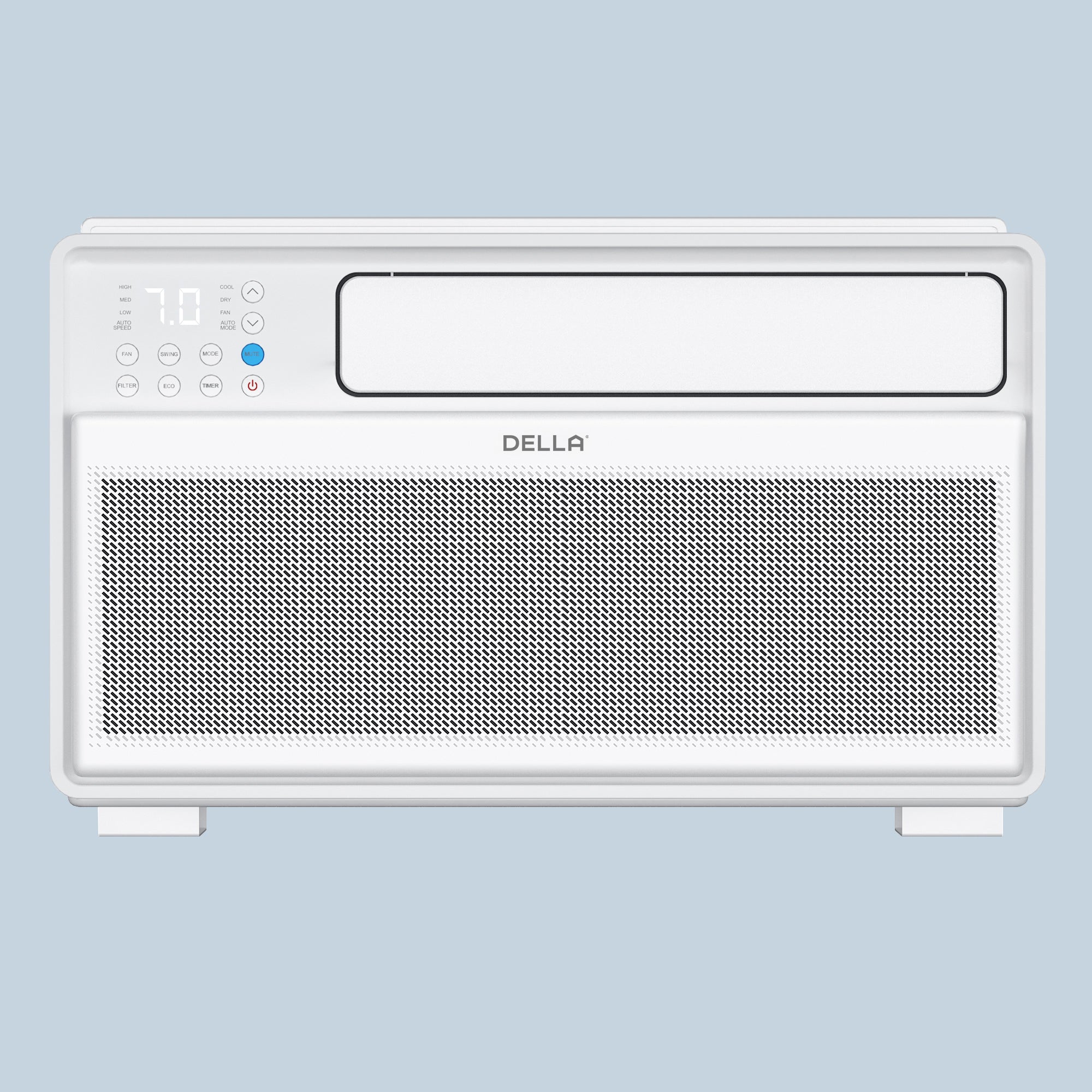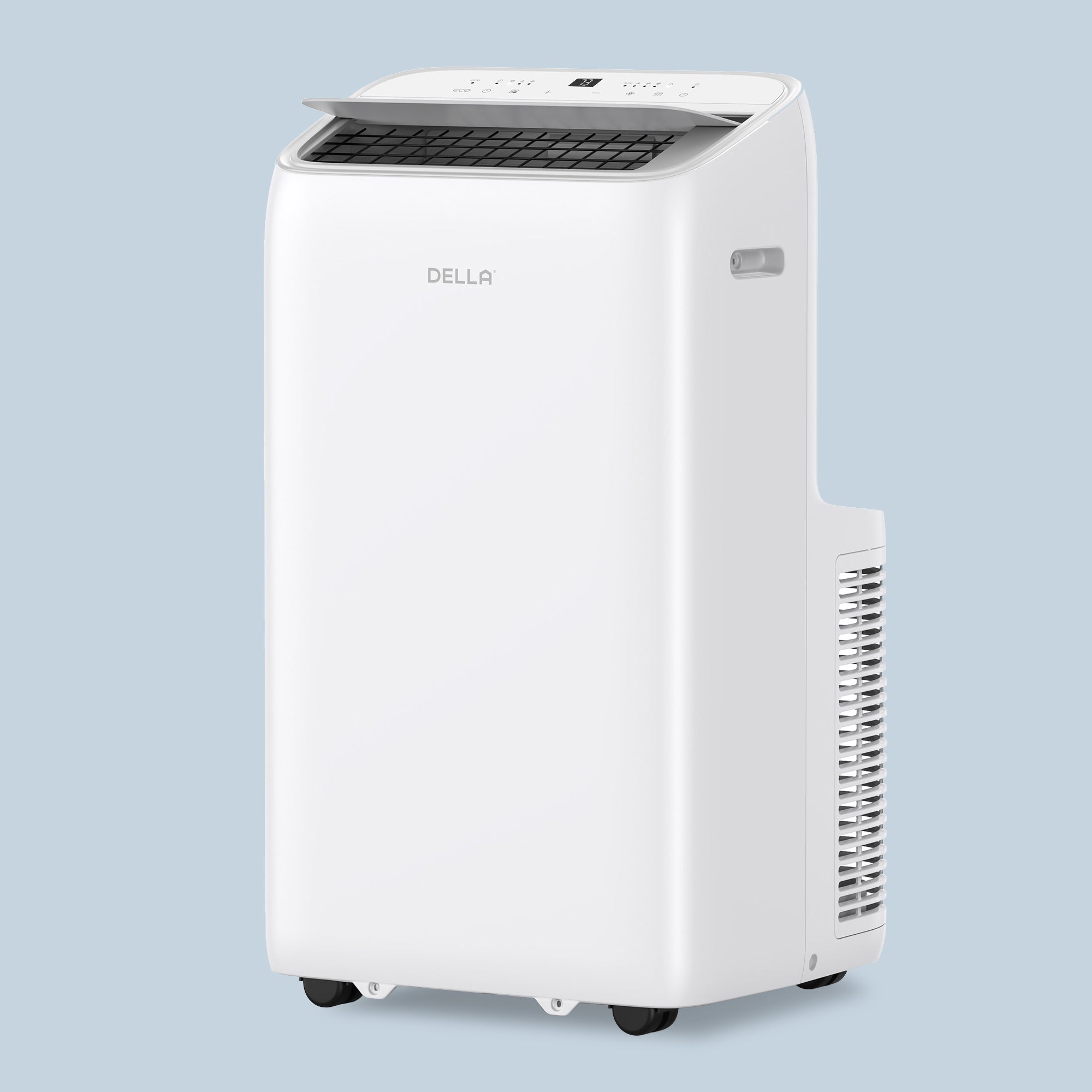A bad-smelling air conditioner can be a sign of underlying issues that could affect the performance of your unit. Whether it's a musty odor, a burning smell, or something else, understanding the cause of the smell is the first step to solving the problem. In this guide, we'll explore the common causes of bad smells in air conditioners, how to fix them, and the best practices to keep your AC smelling fresh and running smoothly.
Why Does My AC Smell Bad?
Bad smells from your air conditioner are typically caused by the growth of bacteria, mold, or mildew inside the system. These microorganisms thrive in damp, dark environments—exactly what an AC unit can become if it's not properly maintained. Moisture buildup, poor airflow, and clogged filters can all create conditions where these bacteria and fungi flourish, resulting in unpleasant odors.

Different Types of Bad Smells and How to Fix Them?
Air conditioners can emit various unpleasant odors, each pointing to a different issue. Identifying the type of smell can help you address the problem more effectively. Here are some common smells and step-by-step solutions to fix them:
Musty
A musty smell is usually caused by mold or mildew growth on the coils, filters, or in the drainage system. Follow these steps to eliminate the smell:
-
Turn off your AC and unplug it for safety.
-
Clean or replace the air filters. Dirty filters can trap moisture and encourage mold growth.
-
Inspect the evaporator coils for mold. Clean clean evaporator coil with a coil cleaner or a mixture of vinegar and water.
-
Check the condensate drain for clogs. If there’s standing water, use a wet/dry vacuum to clear the drain.
-
Once cleaned, run the AC on dry mode for a while to help remove excess moisture.
Mildew
Mildew is another form of fungi that grows in damp environments and is similar to musty smells. To remove mildew odors, follow these steps:
-
Switch off your AC and disconnect the power.
-
Remove and clean the air filters, which may have trapped mold or mildew.
-
Clean the evaporator coils and the area around the coils using a brush or vacuum.
-
Check the condensate pan and drain line for stagnant water. If there’s water, clean and dry the area thoroughly.
-
Consider using a coil cleaner or a disinfectant solution to ensure that mildew is completely removed.
Burning
A burning smell often indicates an electrical or overheating issue. If you smell burning, take immediate action:
-
Turn off your AC immediately and unplug it.
-
Check the circuit breaker to ensure that no circuit has tripped.
-
Inspect the AC’s power cord and plug for any signs of burn marks or fraying.
-
If you notice any issues, it’s best to call a licensed HVAC professional to inspect the motor or wiring.
Rotten
A rotten smell, like decaying food, is often caused by a clogged drain line or stagnant water. To fix this:
-
Turn off your AC and unplug it for safety.
-
Locate the drain line and inspect it for blockages. If the line is clogged, use a wet/dry vacuum to remove the debris.
-
Check for standing water in the condensate pan. If water has accumulated, clean the pan and dry it thoroughly.
-
If the odor persists, use a cleaning solution specifically designed for AC drain lines to flush out any remaining debris.
Chemical
A chemical smell could indicate a refrigerant leak, which requires professional attention. If you detect this smell:
-
Turn off the AC immediately and disconnect the power.
-
Do not attempt to fix a refrigerant leak yourself. Contact a certified HVAC technician right away to inspect the system.
-
The technician will locate the leak, recharge the refrigerant, and repair any damaged components.

How to Prevent Bad Smells in Your AC?
Preventing bad smells in your AC is often simpler than fixing them after they appear. Here are some effective ways to keep your AC smelling fresh:
Change the Air Filters Regularly
Clogged or dirty filters can trap moisture and debris, creating a breeding ground for mold and mildew. Replace your filters every 1–3 months to ensure optimal airflow and reduce the chances of unpleasant odors.
Ensure Proper Drainage
A blocked condensate drain can lead to water buildup, which is a major contributor to bad smells. To prevent this, check the drainage system regularly to ensure it’s clear and functioning properly. Make sure the condensate pan is dry and free of debris.
Use the AC’s Dry Mode
In humid climates, excess moisture can contribute to mold and mildew growth inside your AC. Running your AC in dry mode helps remove excess moisture from the air, reducing the risk of odors.
Maintain Good Ventilation
Ensure your AC unit is located in a well-ventilated area. Proper airflow will prevent moisture from accumulating inside the system.
Schedule Regular Professional Maintenance
Have your air conditioner maintenance professionally serviced at least once a year. A technician will inspect your system, clean the coils, check for potential issues, and ensure everything is working efficiently, helping prevent the development of bad odors.

How can I make my air conditioner smell nice?
While preventing bad smells is important, making your AC smell nice can add a fresh touch to your indoor environment. Here are some simple ways to keep your AC smelling pleasant:
Use Air Fresheners or Scented Filters
You can place air fresheners near the air intake of your AC, or use filters with built-in scent pads. These are designed to release a pleasant fragrance as air flows through the system, helping to mask any unwanted odors.
Essential Oils in a Vent Clip
If you prefer a more natural scent, you can use essential oils. Simply add a few drops of your favorite essential oil onto a cotton ball and place it inside the air vent (or use a vent clip specifically made for essential oils). Popular options include lavender, eucalyptus, or citrus.
Clean with Disinfectant Sprays
After cleaning your AC filters and coils, consider using a disinfectant or deodorizer spray designed for HVAC systems. These products can help eliminate lingering odors while adding a fresh scent to the air.
Add a Humidifier
In dry environments, using a humidifier alongside your AC can help prevent the air from becoming too dry, which can sometimes cause a musty or stale smell. Plus, it can help maintain a comfortable and pleasant indoor atmosphere.
Maintain Cleanliness Around the Unit
Ensure that the area surrounding your AC unit is clean and free from debris, pet dander, or food crumbs, as these can contribute to bad odors. Keeping the surrounding area tidy helps maintain the overall cleanliness of the system.
Should I turn my AC off if it smells?
Yes, you should turn off your AC if it smells bad. A strong odor, especially burning or chemical smells, could indicate an underlying issue like an electrical fault or refrigerant leak, which may be dangerous if left unchecked. Turning it off prevents the odor from spreading and gives you time to address the problem without causing further damage to the unit.
When Should I Call a Professional for AC Issues?
If the smell persists after cleaning or if you're unable to identify the source, it’s time to call a professional. A licensed HVAC technician can diagnose and repair more serious issues, such as electrical faults (burning odor), refrigerant leaks (chemical odor), or mold growth deep within the system.
Conclusion
If you’re still facing lingering odors or issues with your AC, don’t hesitate to seek further assistance. Consulting an expert can help you maintain a clean and efficient system.
For those looking to upgrade, consider exploring Della's wide selection of high-performance, quiet mini split AC systems. Whether you're in need of a replacement or just looking to improve your home’s comfort, Della offers reliable solutions at great prices.
Check out our current air conditioner sale to find the perfect model for your needs!
Read More:
Cost to Install Mini Split AC System: All You Need to Know in 2024
How Many Watts Does a Mini Split Use? Energy-Saving Guide
How Many Amps Does a Mini Split Use?








LEAVE A COMMENT
All comments are moderated before being published.
This site is protected by hCaptcha and the hCaptcha Privacy Policy and Terms of Service apply.